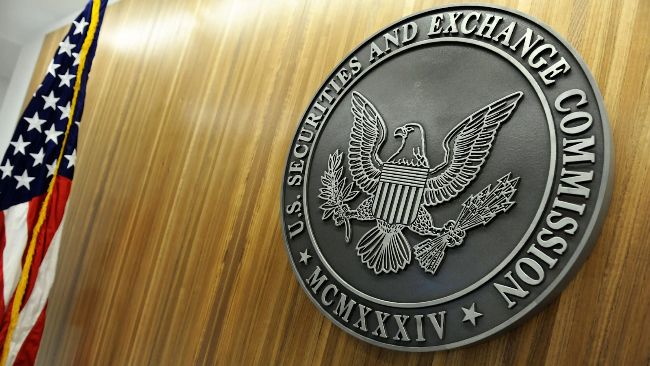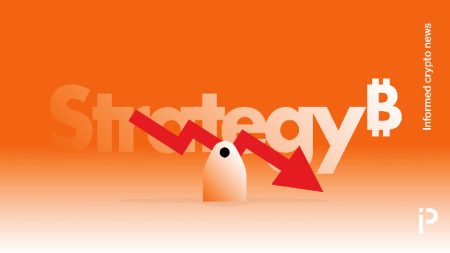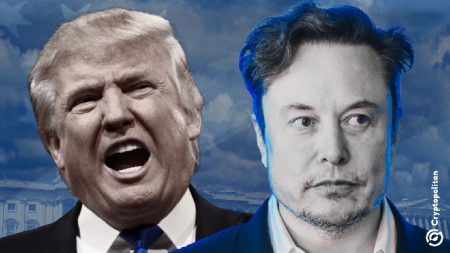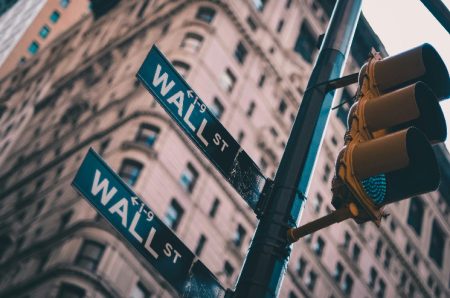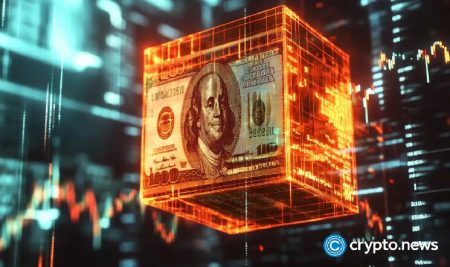The U.S. Securities and Exchange Commission Under Scrutiny: A Comprehensive Overview
Introduction: The Regulatory Landscape and Emerging Challenges
The U.S. Securities and Exchange Commission (SEC), a cornerstone of the financial regulatory system, is facing a new wave of scrutiny. The Department of Government Efficiency (DOGE), an initiative under the Trump administration, has set its sights on the SEC, aiming to uncover inefficiencies. This development unfolds against the backdrop of Elon Musk’s ongoing legal tussles with the SEC and growing tensions between cryptocurrency firms and regulators. As the financial world watches, the SEC’s role in maintaining market stability is being closely examined, raising questions about transparency, efficiency, and the potential for conflict of interest.
The DOGE Review: Unveiling Waste and Inefficiency
DOGE, spearheaded by Elon Musk, has expanded its oversight to include the SEC, a move that aligns with the Trump administration’s broader goals of reducing government expenditures. The initiative encourages public participation through social media, inviting citizens to highlight instances of waste and abuse within the SEC. This public engagement is unprecedented, reflecting a push for greater transparency in government operations. However, the SEC’s oversight of sensitive data, such as the Consolidated Audit Trail (CAT) system, raises concerns about data security and the potential for misuse.
Musk’s Legal Battles: A History of Conflict with the SEC
Elon Musk’s contentious relationship with the SEC is well-documented. The latest dispute centers on his timely disclosure of Twitter stock purchases, with the SEC alleging significant financial losses for investors. Musk’s vocal criticism of the SEC as a "broken organization" underscores the tension. This conflict has sparked debates among lawmakers about the integrity of financial oversight and the potential for bias, given Musk’s role in DOGE. The situation highlights the delicate balance between regulatory enforcement and individual freedoms in the financial sector.
Data Security Concerns: Safeguarding Sensitive Information
The SEC’s custody of highly sensitive financial data, including the CAT system, which tracks trading activity across U.S. markets, is a critical responsibility. DOGE’s request to access IRS data, including taxpayer financial records, has raised red flags. Lawmakers caution against granting access to Musk and DOGE, fearing it could compromise market integrity. The risks of unauthorized access and potential misuse of confidential information loom large, prompting urgent calls for enhanced security measures to protect this vital data.
Conflict of Interest: Navigating Dual Roles and Public Perception
The Trump administration has addressed concerns about Elon Musk’s dual roles as a special government employee and his involvement with DOGE. Officials emphasize Musk’s commitment to recuse himself from conflicting matters, yet the perception of potential bias persists. This situation challenges the administration’s commitment to avoiding conflicts of interest, particularly in high-stakes regulatory oversight. The public’s trust in the SEC’s independence hangs in the balance, as the complexity of Musk’s roles continues to evolve.
Future Implications: Regulatory Evolution and Market Stability
The DOGE’s involvement with the SEC marks a significant chapter in the evolving regulatory landscape. The initiative’s findings could reshape the SEC’s operations, influencing its role in safeguarding market stability. While some view DOGE’s efforts as a push for transparency, others worry about regulatory interference and data security. The outcomes remain uncertain, but the discussions they spark are crucial for the future of financial regulation. As the situation develops, the focus will remain on balancing efficiency with security and ensuring the SEC’s continued effectiveness in maintaining fair and stable markets.





